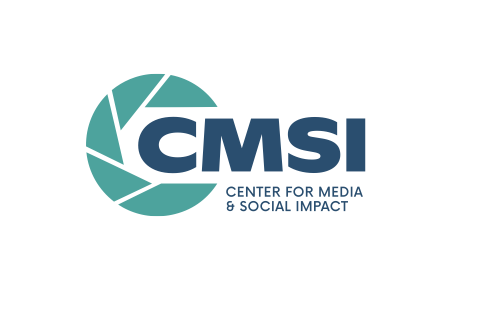Report Research
The Lens Reflected: What Stories & Storytellers Get the Green Light in Documentary’s Streaming Age?
Topic

The Center for Media and Social Impact (CMSI) at America University’s School of Communication published a study looking into the people involved in documentary films–especially who is telling these stories and who the stories are about. Their findings challenge the notion that documentaries are more inclusive and representative of women and BIPOC and explore the intersectional power dynamics between subjects and filmmakers. The study was carried out by “coding” portions of films by what they can objectively see and identify on screen. Researchers also categorized films based on narrative. They performed a content and statistical analysis on various points of comparison (e.g. between methods of distribution). The study found that across the three major platforms they analyzed–cable, streaming, and public media–the storytellers/filmmakers were generally white men while BIPOC filmmakers were underrepresented–even more so for WOC. They also found that production teams with BIPOC filmmakers are more likely to tell the stories of BIPOC and public media is more likely to feature those stories. At the same time, white filmmakers are much less likely to acknowledge racism in their films compared to teams with BIPOC filmmakers.